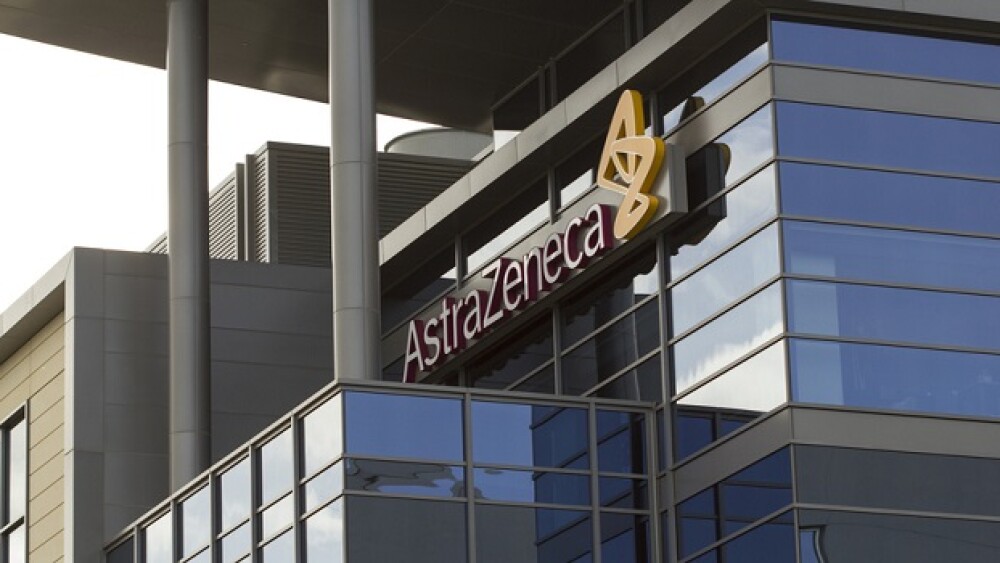Merck (NYSE: MRK), known as MSD outside the United States and Canada , announced that Health Canada has granted approval for KEYTRUDA ® (pembrolizumab), Merck’s anti-PD-1 therapy, for the adjuvant treatment of adult and pediatric (12 years and older) patients with stage IIB or IIC melanoma following complete resection.
|
Approval is based on the Phase 3 KEYNOTE-716 Trial Melanoma is the most serious of all skin cancers, with over 5,000 Canadians diagnosed each year.1,2 KIRKLAND, QC, Sept. 13, 2022 /CNW/ - Merck & Co. (NYSE: MRK), known as MSD outside the United States and Canada, announced that Health Canada has granted approval for KEYTRUDA® (pembrolizumab), Merck's anti-PD-1 therapy, for the adjuvant treatment of adult and pediatric (12 years and older) patients with stage IIB or IIC melanoma following complete resection.3 This approval is based on the results from the Phase 3 KEYNOTE-716 trial, which demonstrated a statistically significant improvement in recurrence-free survival (RFS).3 In 2022, an estimated 9,000 Canadians will be diagnosed with melanoma,4 a form of cancer that takes place when melanocytes, the cells responsible for melanin production, start to grow uncontrollably and develop into a tumour.5 Although it is the least common of all skin cancers, melanoma is the most serious type and early diagnosis and treatment are critical.1,5 "We welcome the news of a new treatment option for Canadians living with this disease as the incidence of melanoma continues to rise across the country,"6,8 said Kathy Barnard, Founder/President of Save Your Skin Foundation. "Having options available right after surgery can help take action against a disease that moves quickly if not caught." "Melanoma can affect anyone, including children, for whom, although rare, this is the most common amongst pediatric skin cancer types,"7 said Falyn Katz, Executive Director, Melanoma Canada. "Having options available, like this one, can help to make a difference for Canadians facing this particular type of skin cancer, helping them navigate the disease." About KEYNOTE-716 Trial The results of KEYNOTE-716 demonstrated a statistically significant improvement in RFS for patients randomized to receive KEYTRUDA® compared with patients randomized to placebo at the first pre-specified interim analysis.3 At the time of median follow-up (14.3 months), 11% (n=54/487) of patients who received KEYTRUDA® had a recurrence or died compared to 17% (n=82/489) of patients who received placebo. In the study, the safety profile of KEYTRUDA® was consistent with previously reported studies in patients with solid tumors. The most common treatment-related adverse events (reported in at least 15% of patients) were pruritis, fatigue, diarrhea, and rash. KEYTRUDA® was discontinued for treatment-related adverse events in 15% of patients in KEYNOTE-716. Refer to the product monograph for complete information.3 "This approval is important for people living with melanoma and for all of us at Merck," said Marwan Akar, President, and Managing Director, Merck Canada. "With this new indication, KEYTRUDA® is the first checkpoint inhibitor approved in Canada in the adjuvant space in Stage IIB or IIC melanoma, meaning it can be considered for patients earlier in their journey. We are proud to continue to pursue our passion to save and improve lives as well as reinforce our commitment to finding innovative and effective options for more patients with melanoma." About Melanoma About KEYTRUDA® KEYTRUDA® was first approved in Canada in 2015 and currently has indications in several disease areas, including advanced renal cell carcinoma, bladder cancer, non-small cell lung carcinoma, primary mediastinal B-cell lymphoma, classical Hodgkin lymphoma, colorectal cancer, endometrial carcinoma, esophageal cancer, triple-negative breast cancer, melanoma, and head and neck squamous cell carcinoma.3 Our Focus on Cancer About Merck Forward-Looking Statement of Merck & Co. Inc., Rahway, NJ, USA Risks and uncertainties include but are not limited to, general industry conditions and competition; general economic factors, including interest rate and currency exchange rate fluctuations; the impact of the global outbreak of novel coronavirus disease (COVID-19); the impact of pharmaceutical industry regulation and health care legislation in the United States and internationally; global trends toward health care cost containment; technological advances, new products and patents attained by competitors; challenges inherent in new product development, including obtaining regulatory approval; the company's ability to accurately predict future market conditions; manufacturing difficulties or delays; financial instability of international economies and sovereign risk; dependence on the effectiveness of the company's patents and other protections for innovative products; and the exposure to litigation, including patent litigation, and/or regulatory actions. The company undertakes no obligation to publicly update any forward-looking statement, whether as a result of new information, future events or otherwise. Additional factors that could cause results to differ materially from those described in the forward-looking statements can be found in the company's 2021 Annual Report on Form 10-K and the company's other filings with the Securities and Exchange Commission (SEC) available at the SEC's Internet site (www.sec.gov). Please see the product monograph for KEYTRUDA® (pembrolizumab) at: https://www.merck.ca/en/wp-content/uploads/sites/20/2021/04/KEYTRUDA-PM_E.pdf References
®Merck Sharp & Dohme LLC, used under license. SOURCE Merck Canada |
||||
Company Codes: NYSE:MRK |




